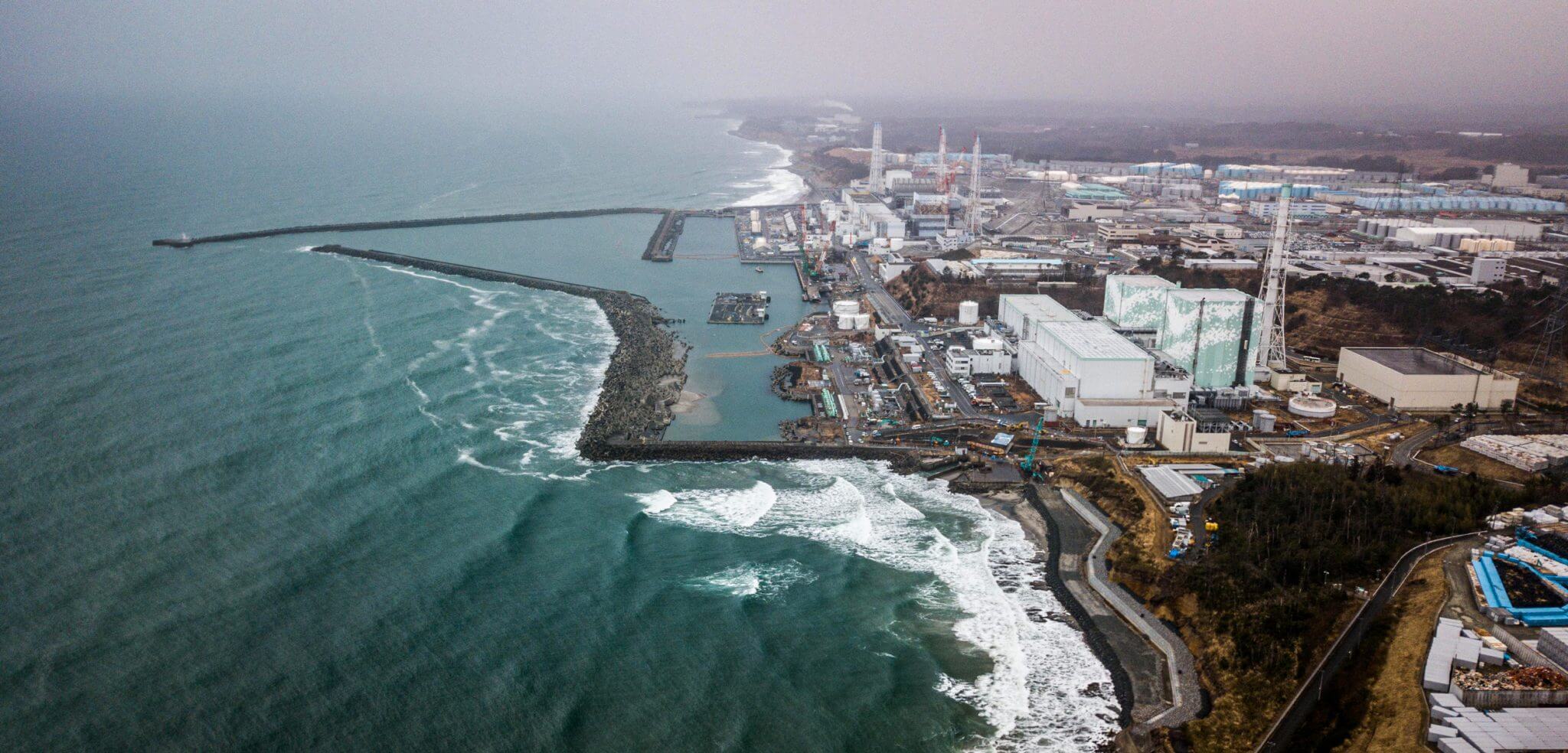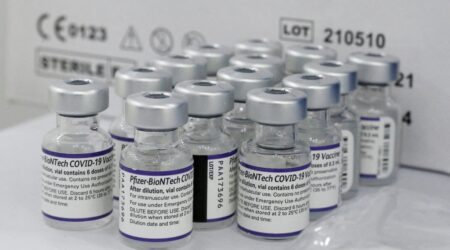Tokyo: Japan will release more than one million tonnes of contaminated water from the destroyed Fukushima nuclear station into the sea, the government said, a move opposed by countries like South Korea and China.
The first release of water will take place in about two years, giving plant operator Tokyo Electric Power (Tepco) time to begin filtering the water to remove harmful isotopes, build infrastructure and acquire regulatory approval.
Japan has argued the water release is necessary to press ahead with the complex decommissioning of the plant after it was crippled by a 2011 earthquake and tsunami, pointing out that similarly filtered water is routinely released from nuclear plants around the world.
Nearly 1.3 million tonnes of contaminated water, or enough to fill about 500 Olympic-sized swimming pools, is stored in huge tanks at the Fukushima Daiichi plant at an annual cost of about 100 billion yen ($912.66 million) — and space is running out.
Tepco plans to filter the contaminated water to remove isotopes, leaving only tritium, a radioactive isotope of hydrogen hard to separate from water. Tepco will then dilute the water until tritium levels fall below regulatory limits, before pumping it into the ocean.
Tritium is considered to be relatively harmless because it does not emit enough energy to penetrate human skin and other nuclear plants around the world routinely pump water with low levels of the isotope into the ocean.
South Korea expressed “serious concerns that the decision could bring a direct and indirect impact on the safety of our people and surrounding environment.” It called on Japan to provide more information about the planned water release and said it would step up its own radiological measuring and monitoring.
Fishing unions in Fukushima have urged the government for years not to release the water, arguing it would have a “catastrophic impact” on the industry.
China hit out at Japan’s move as “extremely irresponsible”.
“This approach is extremely irresponsible and will seriously damage international public health and safety and the vital interests of the people of neighboring countries,” the foreign ministry said in a statement on its website.











